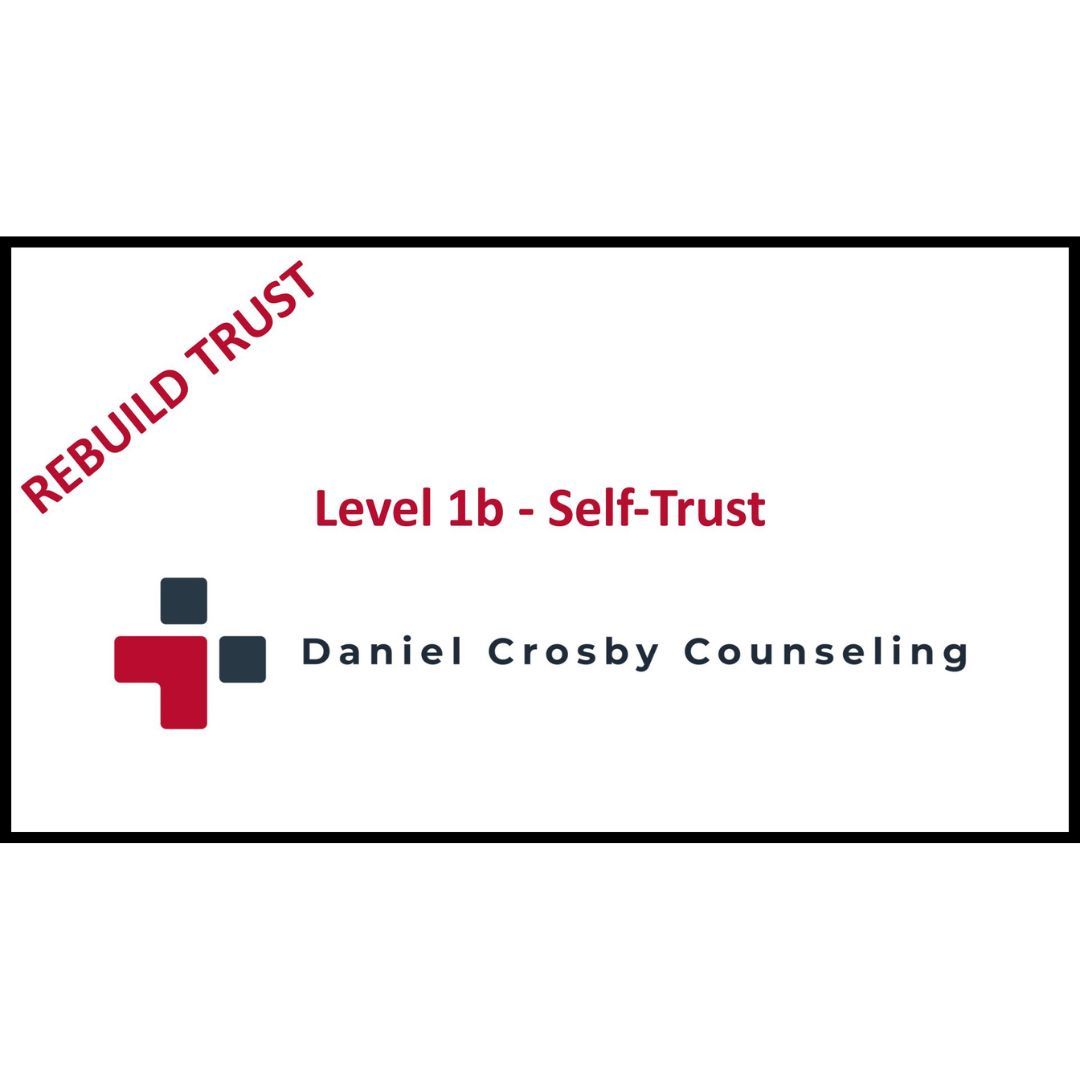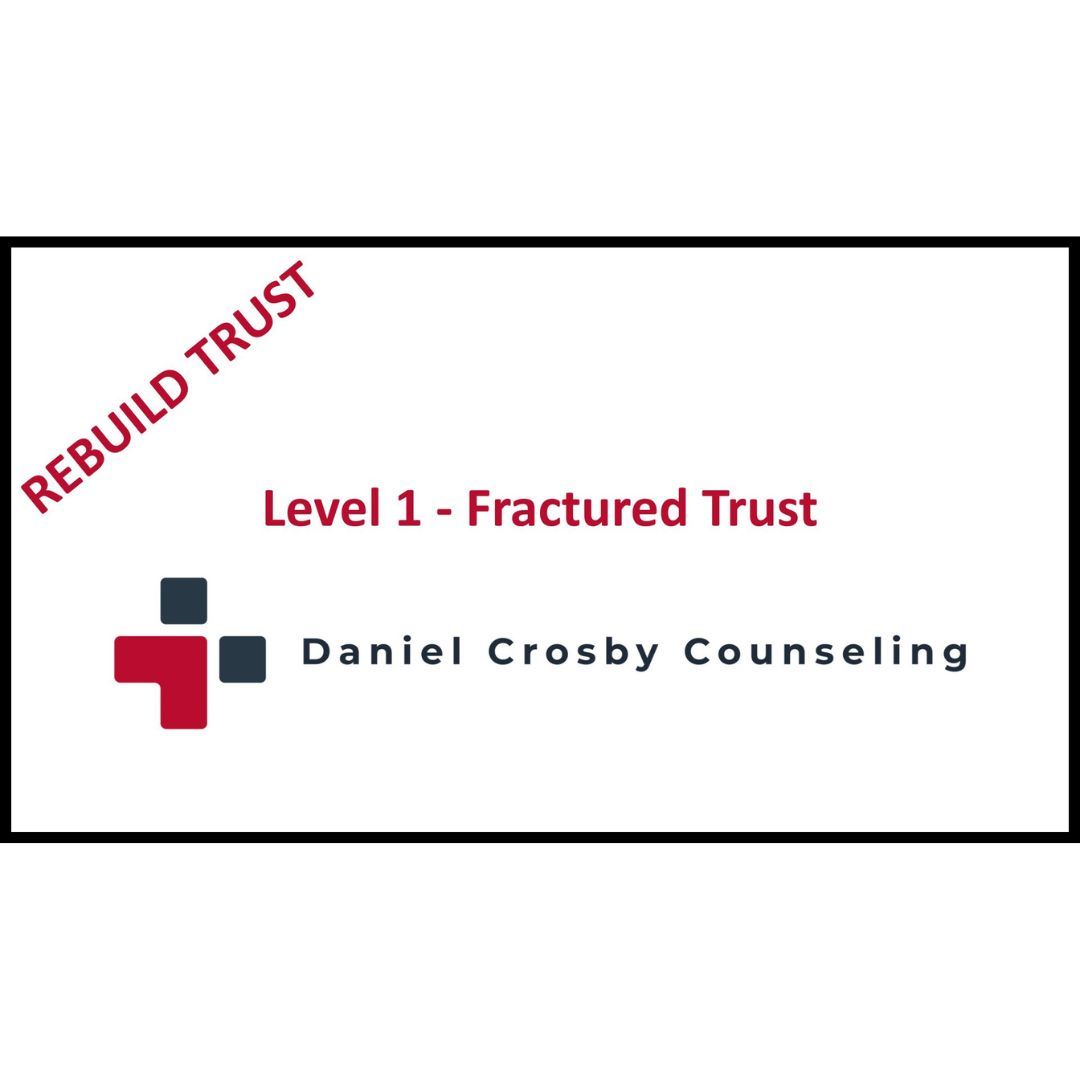60 Second Marriage Recap - Call a Cease Fire
Daniel Crosby • February 21, 2025
17. Call a Cease Fire
The problem with retaliation and revenge is that it becomes perpetual. My attack causes your counterattack causes my sneak attack causes you to launch your nukes and so on.
This cycle only stops when one of two things happens. Either one of us destroys the other and the marriage or one of us decides to stop retaliating.
I’m challenging you, the one hearing this, to be the one to choose to stop.
Here are three ways to stop the ongoing attacks:
1. Put down your gun – This means taking a deep breath, lowering your voice, and sitting down if you’re standing or pacing. In essence, become less of a threat.
2. Surrender…sort of – Waving the white flag isn’t necessarily defeat if you think of it as living to fight another day. Say things like, “I’m tired of fighting.” “I need to stop talking about this for now.” “We can’t keep doing this.” (Refer back to our timeout topic earlier)
3. Begin peace talks – State what’s true like: “I know we love each other AND I also know that we totally disagree about this AND I know there’s a place we can come to an agreement on AND I know right now is not the time to keep going in circles AND I want to talk about it tonight when I get home around 6:30 if you’re willing.”
Go Time:
Which one of you is the more mature one that is going to choose to stop the cycle? Trick Question! No one wants to be the less mature one. If you’re both trying to be the mature one then this thing might just work out ok!
Every day I help hurting frazzled people by walking with them as they get back on the path toward becoming who God created them to be. Shoot me an email if there’s anything I can do to help you or someone you know. daniel@danielcrosbycounseling.com

Level 1b: Self-Trust After betrayal, many people don’t just lose trust in their partner, they lose trust in THEMSELVES. “Did I miss the signs?” “Was I naive?” “Can I ever trust my own judgment again?” Rebuilding self-trust is not about becoming fearful or suspicious of everyone. It’s about reconnecting with your perceptions, instincts, and internal signals and learning to respect them again. Maybe you sensed something was off but talked yourself out of it to preserve the relationship or the family. That doesn’t mean you’re bad it means you were trying to do the right thing and ended up getting bit. This level runs through EVERY stage of trust rebuilding. Even as your partner becomes more consistent, your work is to begin to listen to your inner self again. When self-trust grows, you’re no longer relying entirely on your partner’s behavior to feel safe. You begin to carry safety inside yourself again. For the partner who caused the harm: Be patient. Support your partner in regaining confidence in their own feelings and reality. Avoid defensiveness, minimizing, or anything that resembles gaslighting. For the betrayed partner: Practice trusting your instincts and emotional responses. Recall times when you listened to your gut well. Reestablish what you will and will not accept in a relationship and honor those boundaries consistently.

Level 1: Fractured Trust After a betrayal trust shattered. People in this level say, “Everything feels broken. I don’t know if I can ever trust again.” That makes sense, because betrayal doesn’t just hurt your heart; it disrupts your sense of reality and safety. But you’re still here; still considering what repair might look like. The fact that you haven’t walked away entirely says there’s a part of you that hopes healing might be possible. Level 1 is not about forgiveness or resolution. It’s not about moving on. It’s about honesty, stabilization, and finding safety again. This is also a time to avoid impulsive emotional decisions. You don’t have to decide the future today. You just have to survive today and take good care of yourself. You don’t have to know yet whether trust can be rebuilt. Right now, the only question is: Can we create enough safety for healing to begin? And that… is a powerful place to start. For the partner who caused the harm: Acknowledge the pain without defending, minimizing, or explaining it away. DO NOT SAY: “I didn’t mean to,” or “It wasn’t that bad,” or “You’re overreacting.” SAY THIS: “I see the damage. I take responsibility. I’m willing to repair.” Your tone, attitude, and consistency matter more than your words right now. For the betrayed partner: Your work is not to “get over it,” but to let the pain be real without letting it control your life. Try not to distract or numb yourself to the point that you can’t feel anything. This is where trusted friends, a good therapist, or a pastor can come alongside you to help.

Before we jump into the Levels of Trust, it's important that we have a good working definition of how to rebuild trust. "AUTHENTIC CONSISTENCY WITH TRANSPARENCY OVER TIME" Authentic - This cannot be manipulative, spiteful, fake, or contrived. It is humble, cheerful, and freely given. Consistency - Tell me what you're going to do and then do it. Transparency - Whatever you do, do it wide open. No hidden actions, agendas, or ulterior motives. Time - Do it over and over again for as long as it takes. Focus on this definition as we jump into the Levels next time!

